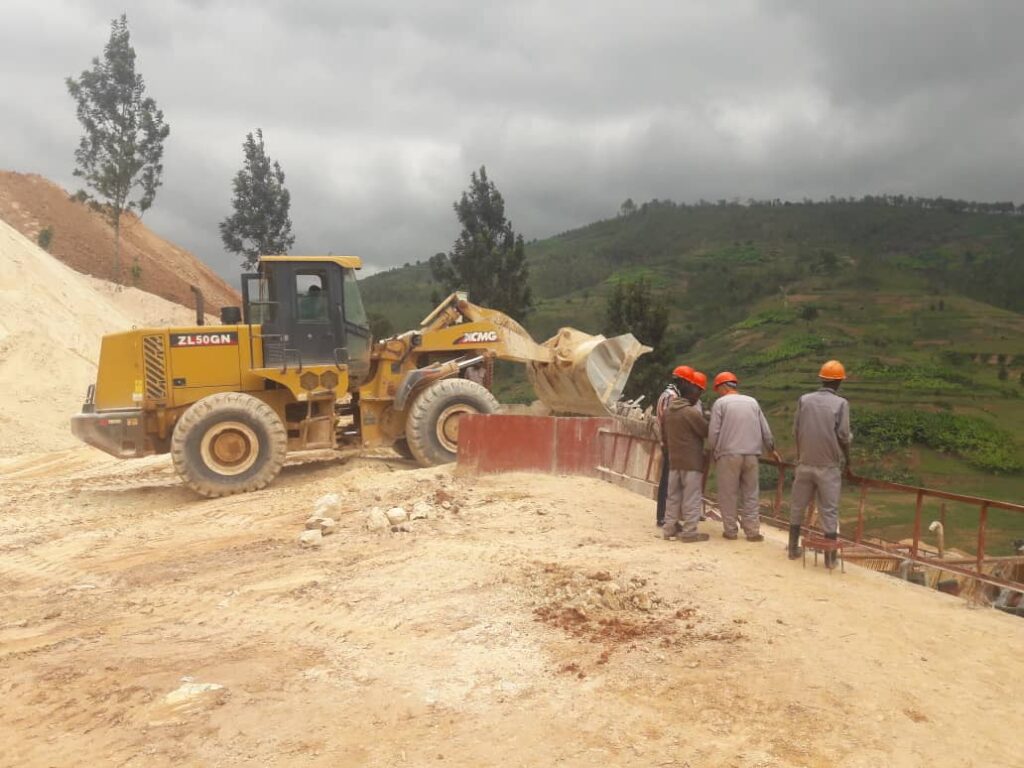
SYDNEY: Liberty Metals Ltd (ASX: LIB) has entered into a binding option agreement to acquire three district-scale critical mineral projects in Brazil, marking a strategic expansion into one of the world’s Tier 1 mining jurisdictions.
The portfolio includes the Paraiba Hard Rock Rutile Project, the Rio Grande Heavy Mineral Sands (HMS) Project, and the Alcobaca HMS and Rare Earths Project. Together, they offer exposure to high-grade titanium feedstock and monazite-hosted rare earth elements (REEs), both classified as critical minerals by the US, EU, and Australia.
The Paraiba Project in northeastern Brazil returned lab results of up to 94.7% TiO₂ from rutile samples, with XRD analysis confirming rutile-dominant mineralogy. Located in the Borborema geological province, the project shares geological similarities with Cameroon’s emerging rutile belt.
The Rio Grande Project spans 234 km² adjacent to Rio Grande Mineração’s South Atlantic Project, which hosts a JORC-compliant 771 Mt @ 3.0% THM resource. Liberty’s tenements mirror the same coastal placer geology, offering a de-risked exploration model.
The Alcobaca Project in Bahia lies next to Energy Fuels’ US$27.5 million Bahia acquisition. It targets HMS and monazite, with potential for magnet metals such as neodymium and dysprosium, vital for EVs and wind turbines.
Liberty will issue A$1.45 million in shares and options upon exercising the acquisition option, subject to shareholder approval. Exploration programs across all three assets will include trenching, auger drilling, and geophysical surveys to define maiden JORC resources.
Chairman Nicholas Katris said the move aligns Liberty with global efforts to secure non-Chinese supply chains for critical minerals. “These assets create a diversified platform across titanium and rare earths within a Tier 1 jurisdiction increasingly aligned with the United States’ critical-minerals strategy,” he said.